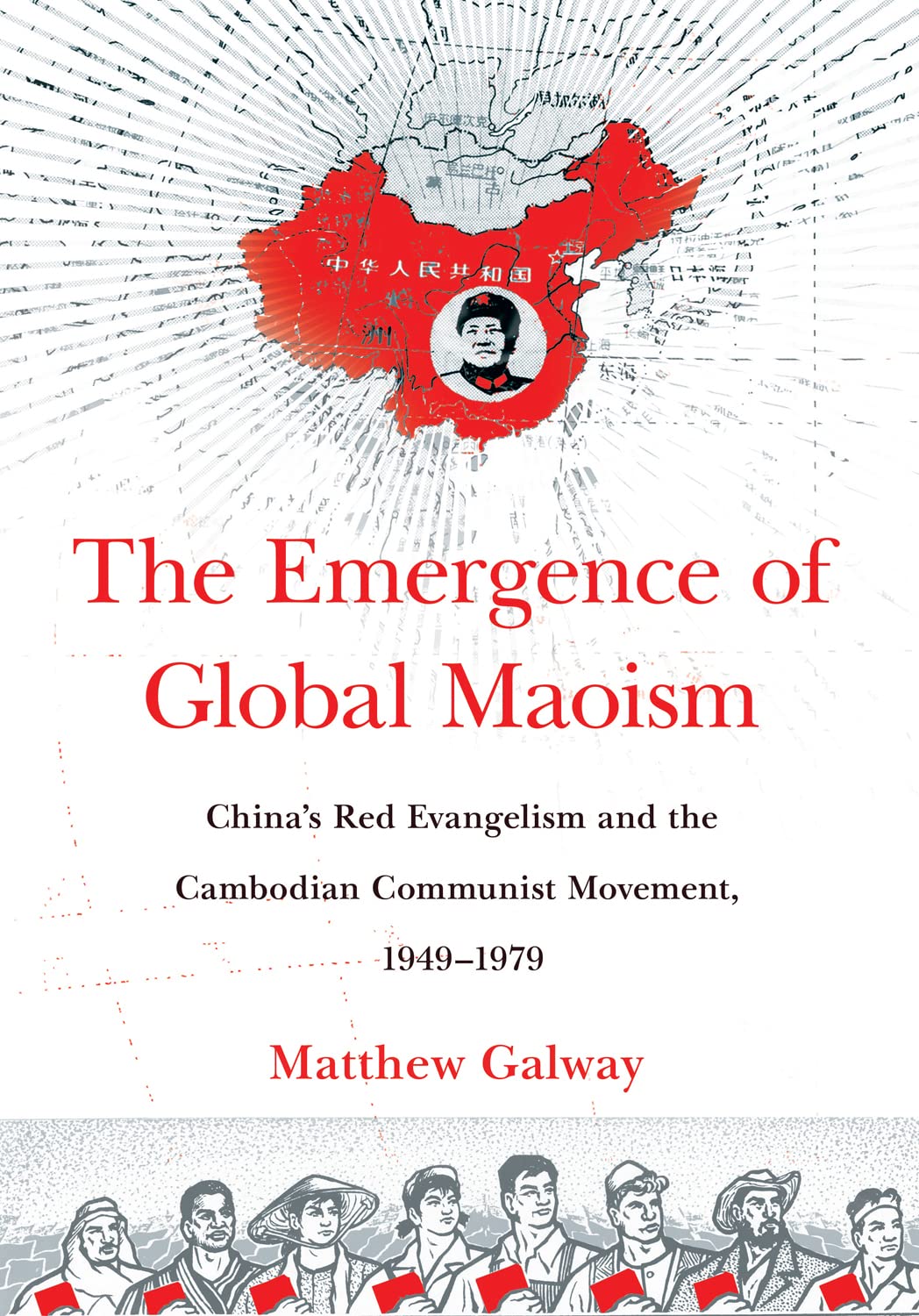

Most ebook files are in PDF format, so you can easily read them using various software such as Foxit Reader or directly on the Google Chrome browser.
Some ebook files are released by publishers in other formats such as .awz, .mobi, .epub, .fb2, etc. You may need to install specific software to read these formats on mobile/PC, such as Calibre.
Please read the tutorial at this link: https://ebookbell.com/faq
We offer FREE conversion to the popular formats you request; however, this may take some time. Therefore, right after payment, please email us, and we will try to provide the service as quickly as possible.
For some exceptional file formats or broken links (if any), please refrain from opening any disputes. Instead, email us first, and we will try to assist within a maximum of 6 hours.
EbookBell Team

4.8
24 reviewsThe Emergence of Global Maoismexamines the spread of Mao Zedong's writings, ideology, and institutions when they traveled outside of China.Matthew Galway links Chinese Communist Party efforts to globalize Maoism to the dialectical engagement of exported Maoism by Cambodian Maoist intellectuals. How do ideas manifest outside of their place of origin? Galway analyzes how universal ideological systems became localized, both in Mao's indigenization of Marxism-Leninism and in the Communist Party of Kampuchea's indigenization of Maoism into its own revolutionary ideology. By examining the intellectual journeys of CPK leaders who, during their studies in Paris in the 1950s, became progressive activist-intellectuals and full-fledged Communists, he shows that they responded to political and socioeconomic crises by speaking back to Maoism―adapting it through practice, without abandoning its universality. Among Mao's greatest achievements, the Sinification of Marxism enabled the CCP to canonize Mao's thought and export it to a progressive audience of international intellectuals. These intellectuals would come to embrace the ideology as they set a course for social change. The Emergence of Global Maoismilluminates the process through which China moved its goal from class revolution to a larger anticolonial project that sought to cast out European and American imperialism from Asia.